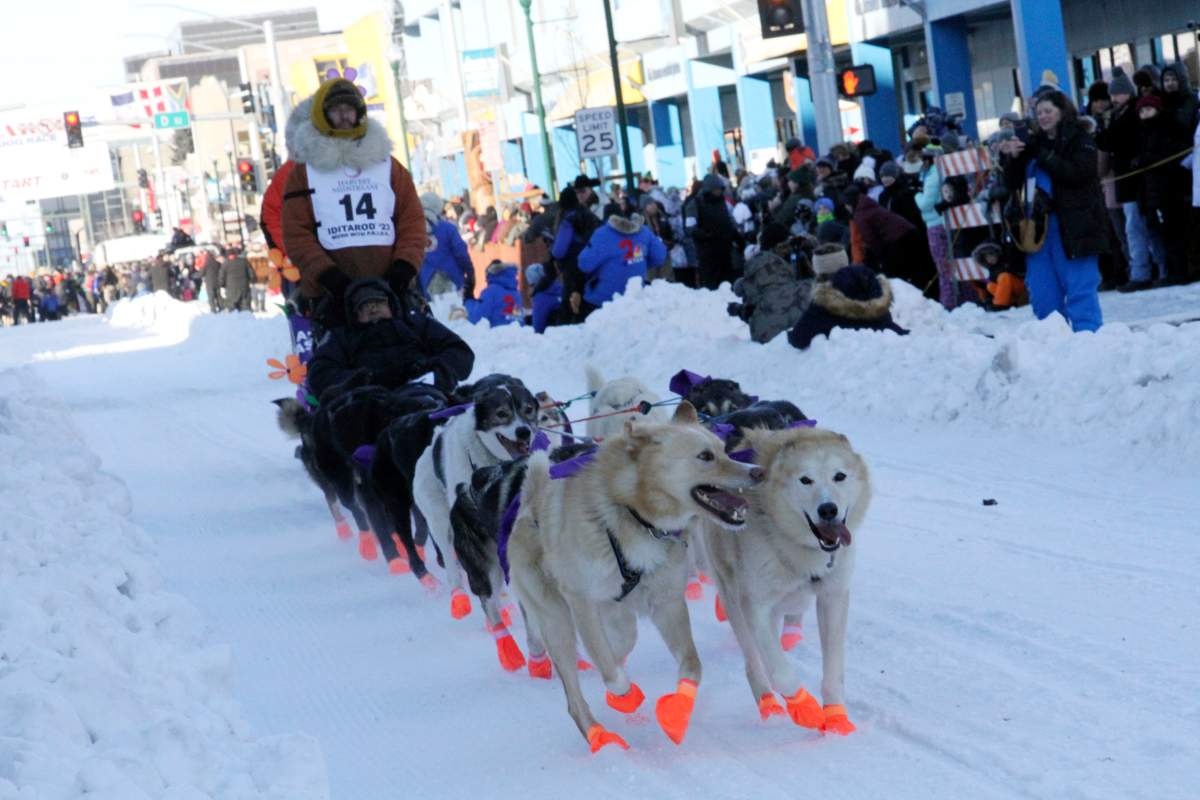Brent Sass, the defending Iditarod Trail Sled Dog Race champion, withdrew from this year’s race on Saturday, citing concerns for his health.

Sass scratched at the Eagle Island checkpoint, a statement from the Iditarod said. Eagle Island is about 600 miles (966 kilometres) into the nearly 1,000-mile (1,609-kilometre) race.
“He didn’t feel he could care for his team due to current concerns with his periodontal health,” the statement said. The condition typically relates to gum disease.
A plane was being sent to Eagle Island to fly Sass off the trail, according to a video posted on the Iditarod Insider web page.
“Yeah, I’m pretty sad, but it is what it is,” Sass’ father, Mark Sass, told Alaska Public Media. “I just want him to be OK.”
The Iditarod said all 11 dogs on Sass’ team were in good health.
Sass was in the lead when he arrived at the Eagle Island checkpoint late Friday night with an almost four-hour advantage over his nearest competitor, Jessie Holmes of Brushkana.

Holmes was the first musher to leave the Eagle Island checkpoint early Saturday morning.

Get daily National news
in 2004, the 40-year-old Alabama native moved to Alaska, where he is a carpenter and appears on the National Geographic reality TV show “Life Below Zero,” about people who live in rural Alaska.
The race started for 33 mushers on March 5 in Willow. It takes the sled dog teams over two mountain ranges, the frozen Yukon River and the treacherous Bering Sea ice en route to the finish line in Nome.

Mushers had to contend with another issue during the first week of competition: Altering their race strategy because of high heat in interior Alaska.
The winner is expected to mush down Nome’s Front Street, a block off the Bering Sea, to the finish line either Tuesday or Wednesday.
Before the competitive start to the race, mushers greeted fans on March 4 during a ceremonial start in downtown Anchorage and drove auction winners riding in their sleds for an 11-mile jaunt through the streets of the state’s largest city.
The 33 mushers represented the smallest field ever to start a race, one short of the first race run in 1973.




Comments